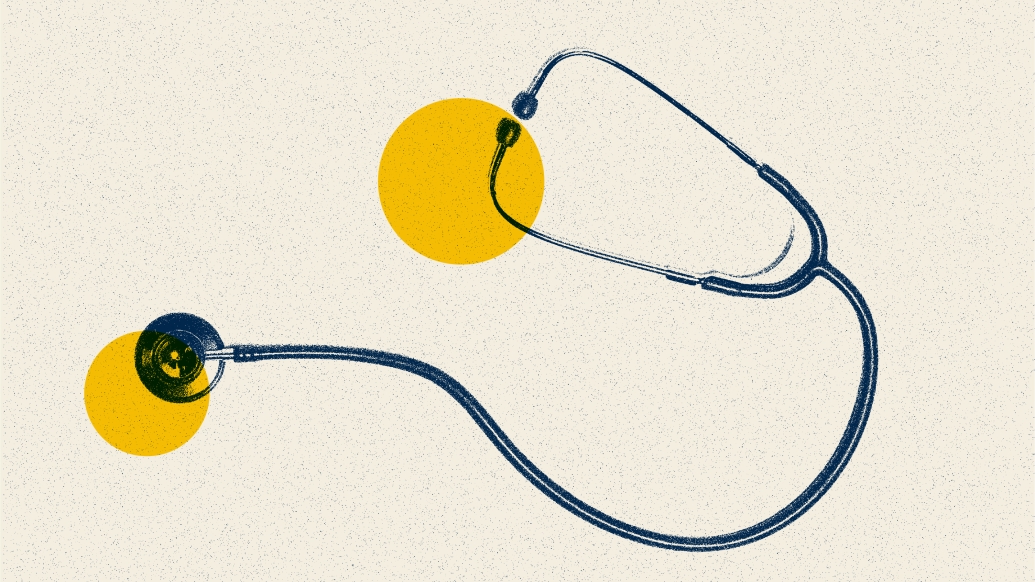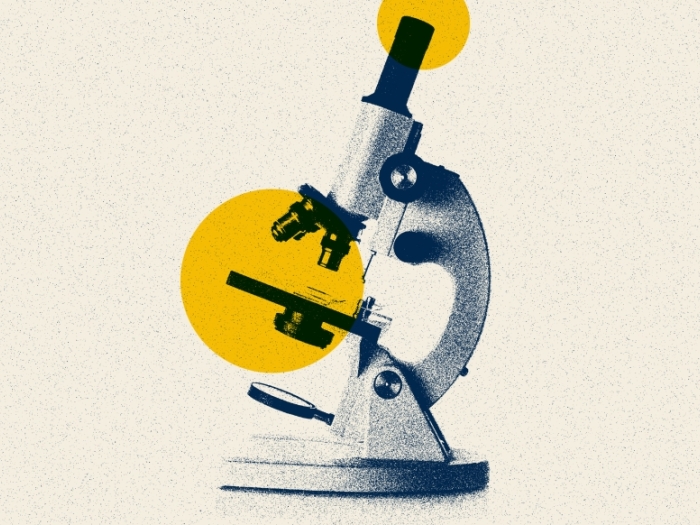Mutation of a zinc transporter throws off balance of salt and water
11:00 AM
Author |

Nearly half of all Americans have high blood pressure, or hypertension.
And while a high-sodium diet and other lifestyle factors are familiar causes, another less recognized condition, called primary aldosteronism, may be at play for many people with treatment resistant hypertension.
The condition, which was first described at the University of Michigan in 1954 by physician Jerome Conn, is caused by a benign aldosterone-producing tumor on the adrenal gland, which sits above the kidneys.
The adrenal gland produces aldosterone, a hormone that helps maintain the balance of salt and water in the body. Adrenal tumors can throw off this balance, leading to sodium retention and high blood pressure. Surgical removal of the tumor often cures this form of hypertension.
Recent research from Juilee Rege, Ph.D., William Rainey, Ph.D., of the Department of Molecular & Integrative Physiology and their colleagues identifies a previously unknown genetic mutation that causes the disease in certain populations.
Using tumor samples from patients in Japan, Germany and Michigan, the team used next generation sequencing to identify a mutation in a gene called SLC30A1, a zinc transporter found throughout the body that protects cells from zinc toxicity.
“We saw that the mutation causes calcium to increase inside the adrenal tumor cells, which causes an increase in aldosterone production. This increase in inappropriate aldosterone leads to hypertension,” said Rege.
What’s more, the mutation was only found in men and only in cells within the tumor, nowhere else in the body.
The team plans to next investigate how this, and other mutations linked to primary aldosteronism differ across sex, race and age, with a particular interest in identifying genetic causes in Black Americans, who have disproportionate rates of hypertension.
Paper cited: “ZnT1 zinc transporter mutations cause aldosterone-producing adenomas and primary 2 aldosteronism,” Nature Genetics. DOI: 10.1038/s41588-023-01498-5

Explore a variety of health care news & stories by visiting the Health Lab home page for more articles.

Department of Communication at Michigan Medicine
Want top health & research news weekly? Sign up for Health Lab’s newsletters today!





